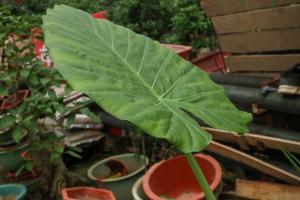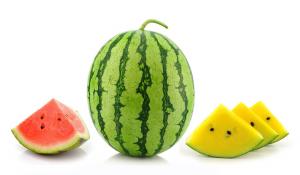Can You Dissolve Plant Matter but Not Cellulose in Water?
The question of whether or not it is possible to dissolve plant matter without dissolving cellulose is a common one. Plant material is composed of various substances including lignin, cellulose, and hemicelluloses. Cellulose, which is a structural component of plant cell walls, is highly resistant to chemical decomposition and is therefore difficult to dissolve. However, there are ways to dissolve plant matter while leaving cellulose intact. In this article, we will explore some of these methods.
Enzymatic Breakdown of Plant Matter
Enzymatic breakdown is a process in which enzymes are used to break down plant matter into its molecular components. Some enzymes are highly effective at breaking down plant material without affecting cellulose. For example, the enzyme pectinase can break down pectin, a plant polysaccharide that is responsible for the rigidity of some plant structures such as fruit and vegetables. The use of enzymatic breakdown is often employed in the food industry to extract juices or flavors from plant materials without breaking down the cellulose.
Solvent Extraction
Solvent extraction is another method that can be used to dissolve plant material without affecting cellulose. In this process, a solvent such as ethanol, methanol, or acetone is used to dissolve the plant matter. The solvent is then evaporated, leaving behind a residue that contains the desired compounds. This method is often used in the extraction of essential oils or other compounds from plant material.
Superheated Water Extraction
Superheated water extraction is a process that uses water that is heated beyond its boiling point to extract compounds from plant material. This process is conducted under high pressure, which causes the water to remain in a liquid state even at high temperatures. The superheated water is able to extract compounds from plant material without breaking down the cellulose. This method is useful in the extraction of phenolic compounds from plant material.
Conclusion
While it may not be possible to dissolve plant matter without affecting cellulose in every circumstance, there are methods that can be used to extract compounds from plant material while leaving cellulose intact. These methods include enzymatic breakdown, solvent extraction, and superheated water extraction. The use of these methods is often employed in the food and pharmaceutical industries to extract valuable compounds from plant material. Future developments in the field of plant science may provide additional methods for extracting compounds from plant material without breaking down cellulose.

 how many times do yo...
how many times do yo... how many planted tre...
how many planted tre... how many pine trees ...
how many pine trees ... how many pecan trees...
how many pecan trees... how many plants comp...
how many plants comp... how many plants can ...
how many plants can ... how many plants and ...
how many plants and ... how many pepper plan...
how many pepper plan...




























